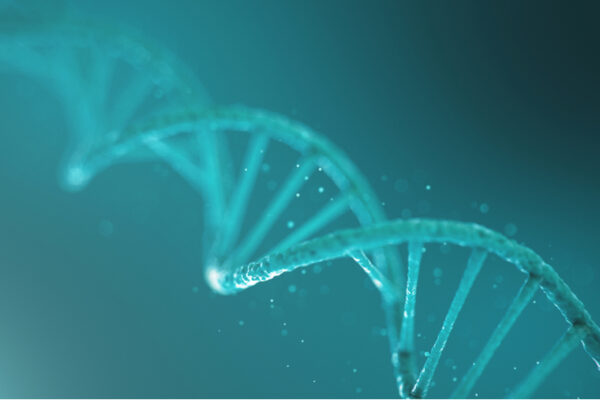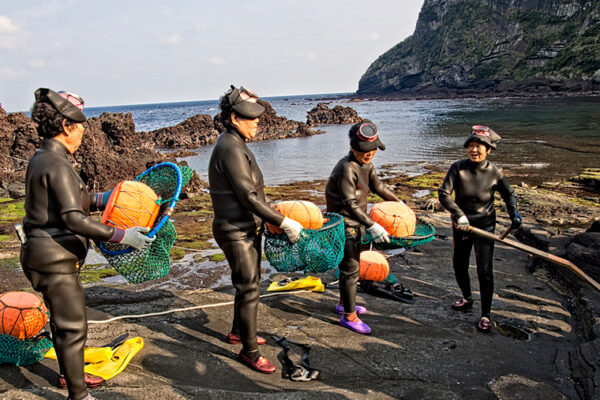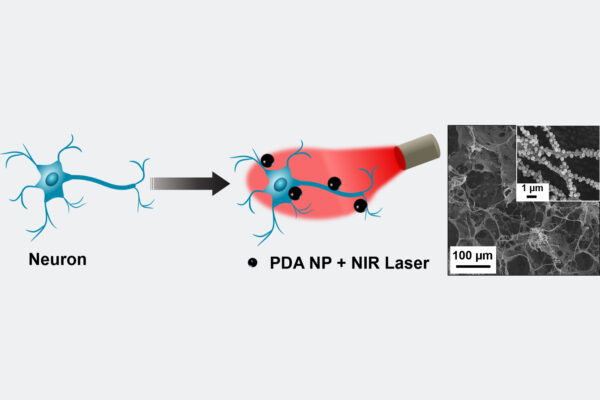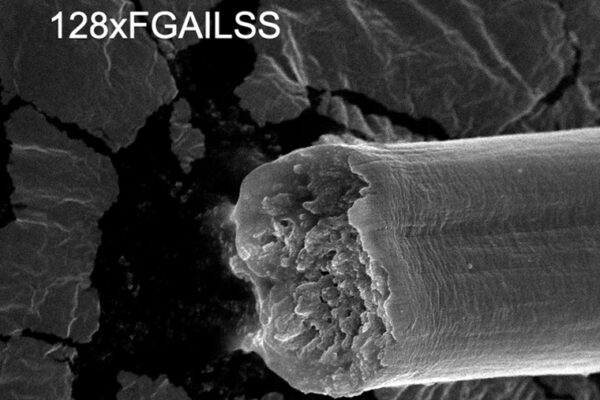Variations in sodium channel molecular composition may drive drug efficacy
Washington University’s Jonathan Silva and Jeanne Nerbonne led a team that found that two drugs sometimes prescribed to treat arrhythmias affect heart atria and ventricles differently depending on the molecular composition of the sodium channels expressed.
Scialog awards $50,000 grant to Kamilov to merge imaging technologies
Scialog: Advancing BioImaging has awarded Ulugbek Kamilov $50,000 for research into the merging of two imaging technologies.
17-year study of children associates poverty with smaller, slower-growing subcortical regions
Research from the lab of Deanna Barch shows a lasting relationship between childhood poverty, brain development.
Connective issue: AI learns by doing more with less
Research from the lab of Shantanu Chakrabartty reveals constraints can lead to learning in AI systems.
NIH funds Rudra, Jackrel to improve vaccines for elderly
Washington University’s Meredith Jackrel and Jai Rudra and are researching nanofiber materials that will eliminate the need for vaccine adjuvants.
Two strands are tougher than one
Research from the lab of Kimberly Parker at the McKelvey School of Engineering reveals key differences between single- and double-stranded RNA, insights that may prove useful to fields from agriculture to medicine.
Moon to engineer microbes to control heat production
Tae Seok Moon, associate professor of energy, environmental and chemical engineering, has received a three-year $501,246 grant from the Office of Naval Research to study heat from the human microbiota.
University offers new bachelor’s degree in data science
Undergraduate students interested in data science can now earn a bachelor’s degree through the McKelvey School of Engineering or Arts & Sciences.
Nanoparticles create heat from light to manipulate electrical activity in neurons
Srikanth Singamaneni and Barani Raman in the McKelvey School of Engineering developed technology to use nanoparticles to heat, manipulate cells in the brain and heart.
Microbially produced fibers: stronger than steel, tougher than Kevlar
A new fiber, made by genetically engineered bacteria in the lab of Fuzhong Zhang, is stronger than steel and tougher than Kevlar.
View More Stories








